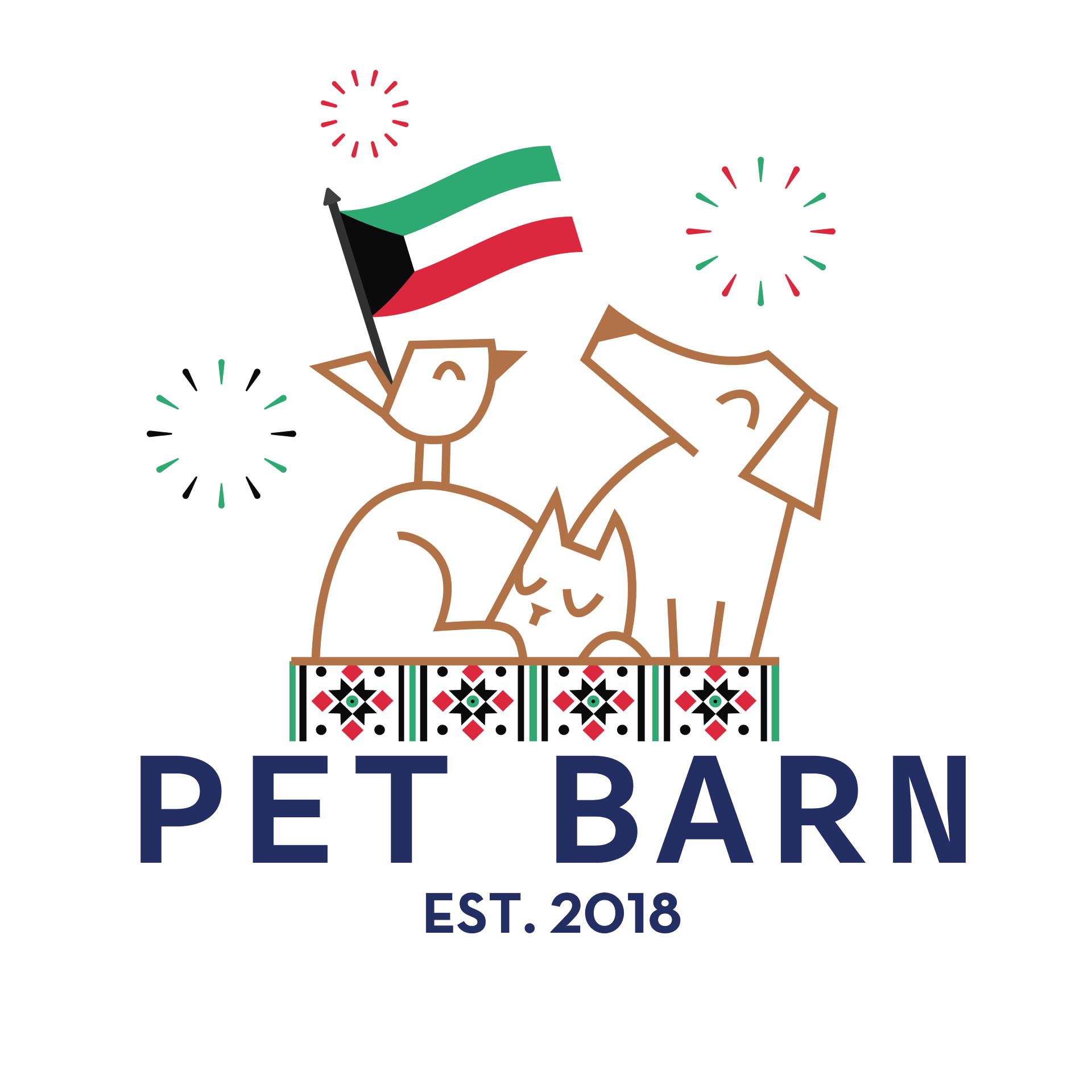As devoted caregivers to our four-legged companions, the health and happiness of our beloved pets remain at the forefront of our concerns. Much like humans, pets can experience a wide array of gastrointestinal (GI) disorders that may impact their comfort and overall quality of life. These disorders can arise from various factors, ranging from dietary choices to underlying medical conditions. In this comprehensive exploration, pet barn will venture into the intricate realm of gastrointestinal disorders in pets, unraveling the multifaceted causes, delving into the diverse range of symptoms, and examining the comprehensive treatment options available. By gaining a thorough understanding of these aspects, you’ll be better equipped to provide the care, support, and empathy your pet needs to maintain a healthy and vibrant digestive system.
Unveiling the Multifaceted Causes of Gastrointestinal Disorders
Gastrointestinal disorders in pets are not bound by a single cause. They can stem from an intricate interplay of factors, including but not limited to:
1. Dietary Disruptions
Abrupt shifts in diet, ingestion of toxic substances, or consumption of foods that are challenging to digest can trigger episodes of digestive upset.
2. Food Allergies and Sensitivities:
Pets, like their human counterparts, can develop allergies or sensitivities to specific ingredients in their food, leading to a variety of gastrointestinal disturbances.
3. Infections by Bacteria and Viruses:
Bacterial or viral infections, such as Salmonella or parvovirus, can disrupt the delicate balance of the GI tract, resulting in a myriad of symptoms.
4. Internal Parasites:
Common internal parasites, including worms and protozoa, can disrupt the normal functioning of the digestive system and exacerbate gastrointestinal issues.
5. Chronic Inflammatory Conditions:
Conditions like Inflammatory Bowel Disease (IBD) involve persistent inflammation of the digestive tract, leading to recurrent bouts of GI symptoms.
Deciphering the Complex Array of Symptoms
Recognizing the signs of GI disorders in pets is pivotal for early intervention. Some common manifestations to be vigilant about include:
1. Vomiting and Diarrhea:
Frequent vomiting and diarrhea serve as classic indicators of GI distress. The presence of blood in vomit or stool might signify a more serious underlying issue.
2. Appetite Alterations:
A sudden decrease in appetite or an outright refusal to eat can signal significant GI discomfort.
3. Abdominal Discomfort:
Pets may exhibit signs of discomfort or tenderness in the abdominal area, expressed through restlessness, reluctance to be touched, or hunching.
4. Excessive Gas and Bloating:
The occurrence of persistent flatulence and abdominal bloating can signify underlying digestive problems.
5. Unplanned Weight Loss:
Chronic GI issues can result in unintended weight loss due to compromised nutrient absorption.
Exploring the Diverse Range of Treatment Options
Addressing GI disorders necessitates a multifaceted approach that encompasses various strategies, such as:
1. Dietary Modifications:
Adjusting your pet’s diet is often a cornerstone of managing GI disorders. Your veterinarian might recommend a temporary bland diet, or a specialized prescription diet tailored to your pet’s unique needs.
2. Medications:
Depending on the diagnosis, your veterinarian may prescribe medications to alleviate symptoms, reduce inflammation, or address infections.
3. Fluid Therapy:
If vomiting or diarrhea has resulted in dehydration, fluid therapy may be required to restore and maintain proper hydration levels.
4. Parasite Management:
In cases of internal parasite infestations, your veterinarian will provide appropriate deworming medications to address the issue.
5. Holistic Management of Underlying Conditions:
For chronic conditions such as IBD, ongoing management may involve a combination of dietary adjustments, medications, and vigilant monitoring to ensure your pet’s well-being.
Promoting Prevention and Providing Sustained Care
To promote gastrointestinal health and prevent issues, consider implementing the following practices:
1. Consistent Dietary Choices:
Maintain a consistent and high-quality diet that suits your pet’s age, size, and health requirements.
2. Steer Clear of Table Scraps:
Refrain from offering human food, as it can be challenging for pets to digest and may lead to GI distress.
3. Prioritize Hygiene:
Ensure your pet’s living environment is kept clean and free from potential toxins that could exacerbate GI problems.
4. Regular Veterinary Check-ups:
Regular veterinary visits play an instrumental role in early detection and effective management of potential GI problems.
Gastrointestinal disorders in pets span a wide spectrum, ranging from mild discomfort to more serious health concerns. By becoming well-versed in the potential causes, diligently recognizing symptoms, and proactively seeking professional veterinary care, you can assume a vital role in safeguarding your pet’s digestive well-being. Through consistently mindful dietary choices, meticulous hygiene practices, and an attentive response to changes in behavior and appetite, you can provide the optimal care and support your furry companion deserves. Remember, your veterinarian is your steadfast resource for guidance on prevention, diagnosis, and treatment of gastrointestinal disorders in your pet. With your unwavering love and proactive care, you can empower your pet to lead a vibrant and wholesome life brimming with companionship, joy, and good health.

